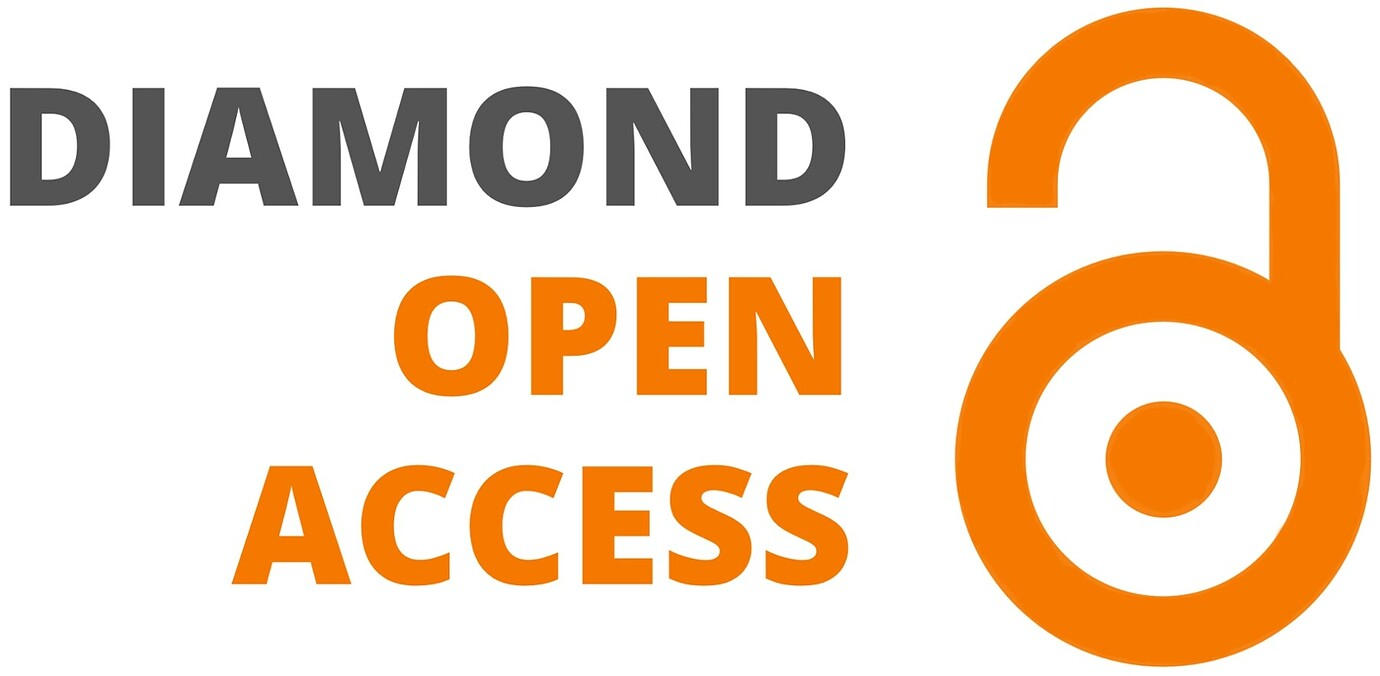Effectiveness of an intervention of reading disorders for children with intellectual disability.
Keywords:
intervention, Evidence-Based Practice (EBP), intellectual disability, readingAbstract
Indeed only one in five children with a mild to moderate intellectual disability have a minimum level of literacy skills. However, thanks to recent research, we know that they are able to learn to decode provided they are provided with explicit, progressive and intensive instruction. Studies demonstrating the effectiveness of intervention methods are rare, mostly English-speaking, and do not take into account the heterogeneity of profiles present within this population. As a result, French speech therapy practice lacks data in the field of intellectual disability. The objective of this study is therefore to measure the effectiveness of a speech therapy intervention on personalized and targeted reading with children with intellectual disability. For this purpose, an Evidence-Based Practice (EBP) approach was considered. Thus, baselines targeting a deficit structure were created for three mildly intellectually disabled children, aged between 10 and 12 years. Then, individualized programs targeting the training of several components of reading were developed following the recommendations of the scientific literature and the personal characteristics of each child. The results show that the programs were effective on the trained items concerning deciphering accuracy and reading speed and that these improvements were specifically due to the interventions conducted. However, each child was only able to generalize one of these two variables to the untrained items, reading accuracy or speed. Multi-component reading training appears to be the best therapeutic strategy to offer these children to improve their skills. Nevertheless, difficulties in higher cognitive functions may impact this learning and influence the generalization of learning to other contexts.




